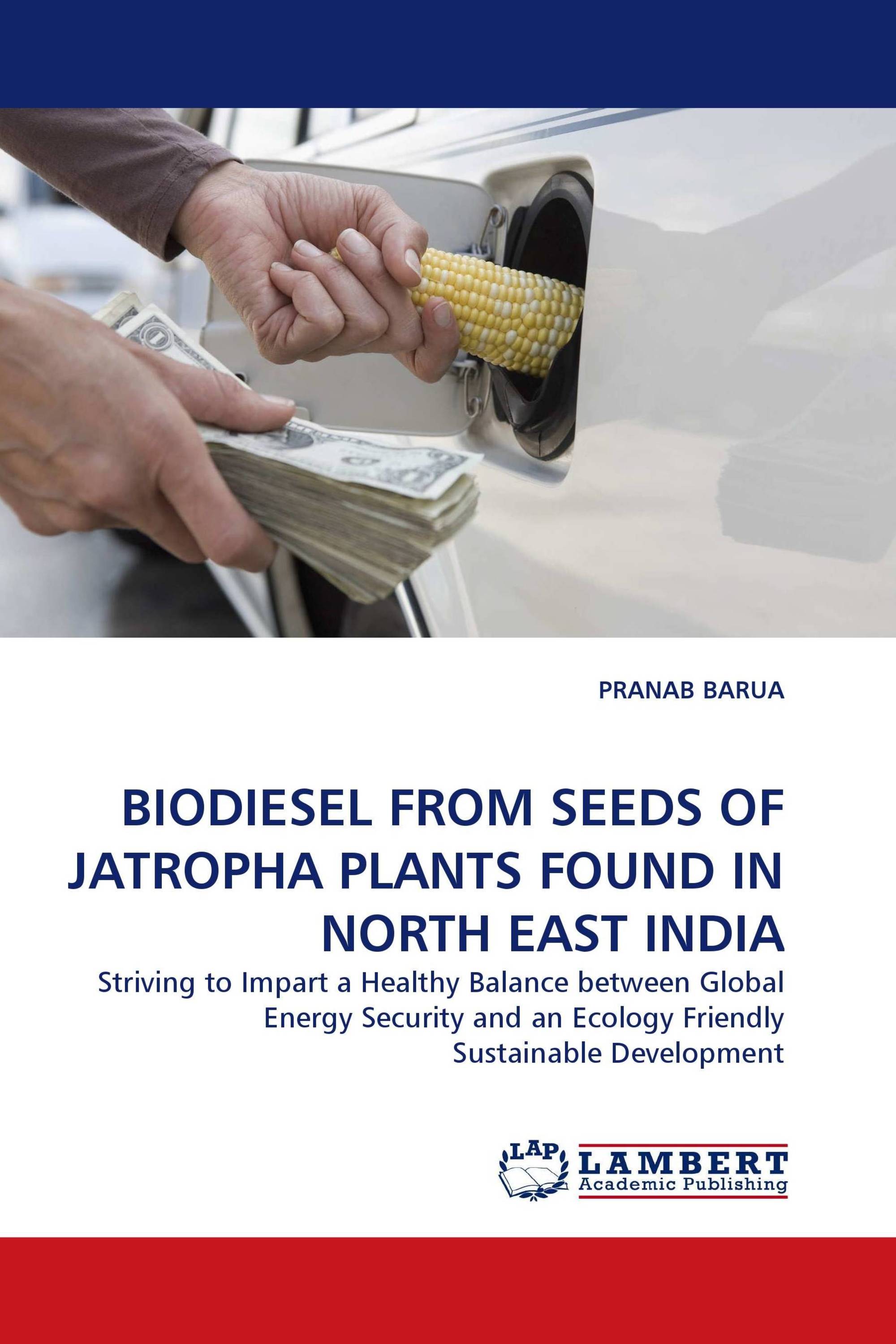BIODIESEL FROM SEEDS OF JATROPHA PLANTS FOUND IN NORTH EAST INDIA
Striving to Impart a Healthy Balance between Global Energy Security and an Ecology Friendly Sustainable Development
LAP Lambert Academic Publishing ( 2010-08-20 )
€ 49,00
One of the main drivers for adoption of biodiesel is energy security. Adoption of biodiesel eventually would help decrease a nation''s dependence on oil, and substituted with use of locally available sources, such as coal, gas, or renewable sources. While the total energy balance is debated, it is clear that the dependence on oil is reduced. One example is the energy used to manufacture fertilizers, which could come from a variety of sources other than petroleum. Cultivation of plants like Jatropha curcas in wastelands needs to be propagated further which would generate earnings for the cultivators. In fact, it is available naturally on marshlands. If even a B-5 blend of biodiesel becomes feasible economically, it would mean saving millions, and for a developing country like India, it is precisely the reason why studies on biodiesel are of utmost importance. It is universally accepted now that biodiesel is a renewable and biodegradable alternative fuel suitable for CI engines. It reduces the CO, HC and particulate emissions but marginally increases the NOx emissions which can be lowered by retarding fuel injection timing and/or by using suitable additives.
Book Details: |
|
|
ISBN-13: |
978-3-8383-9486-2 |
|
ISBN-10: |
3838394860 |
|
EAN: |
9783838394862 |
|
Book language: |
English |
|
By (author) : |
PRANAB BARUA |
|
Number of pages: |
72 |
|
Published on: |
2010-08-20 |
|
Category: |
Building and environmental technology |




